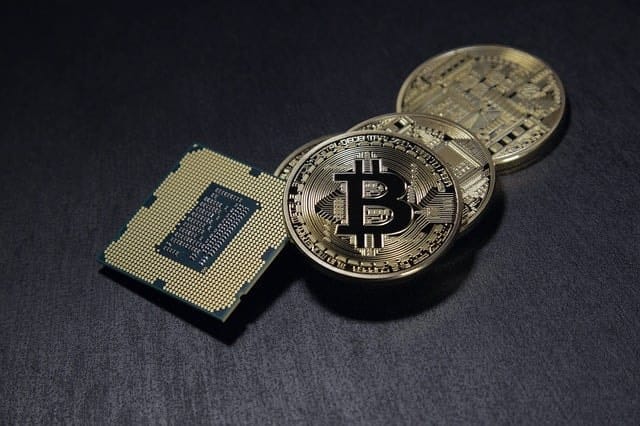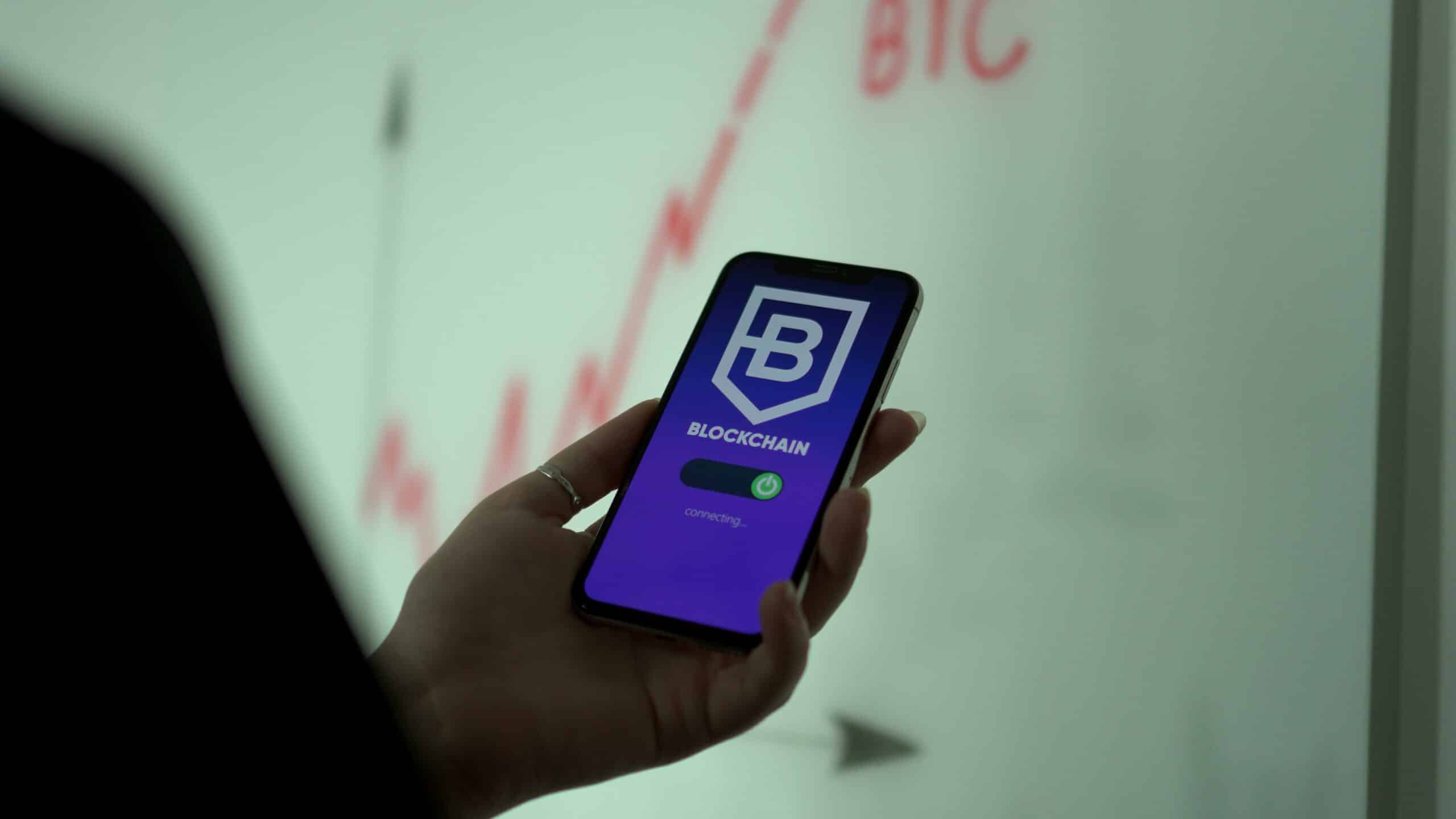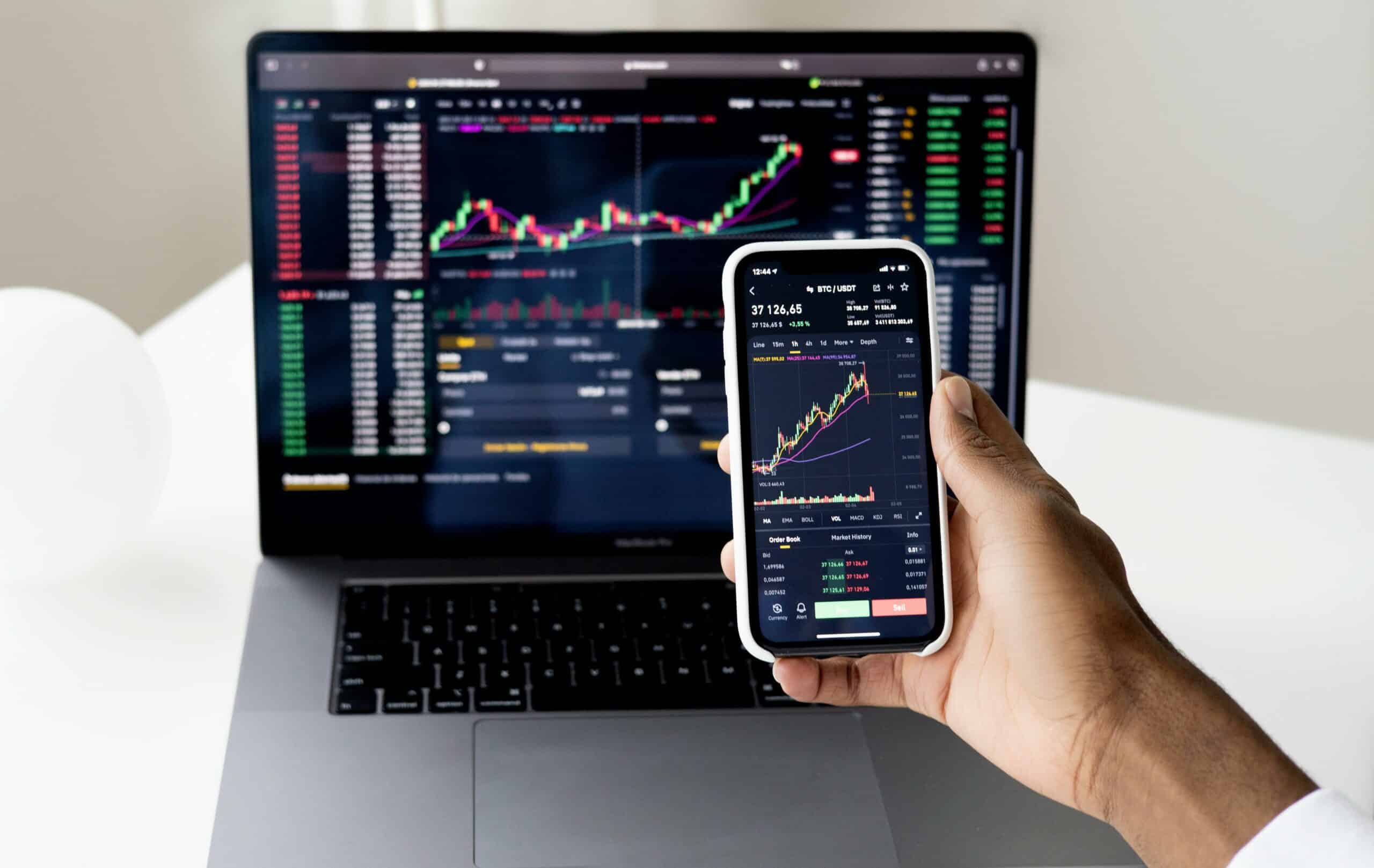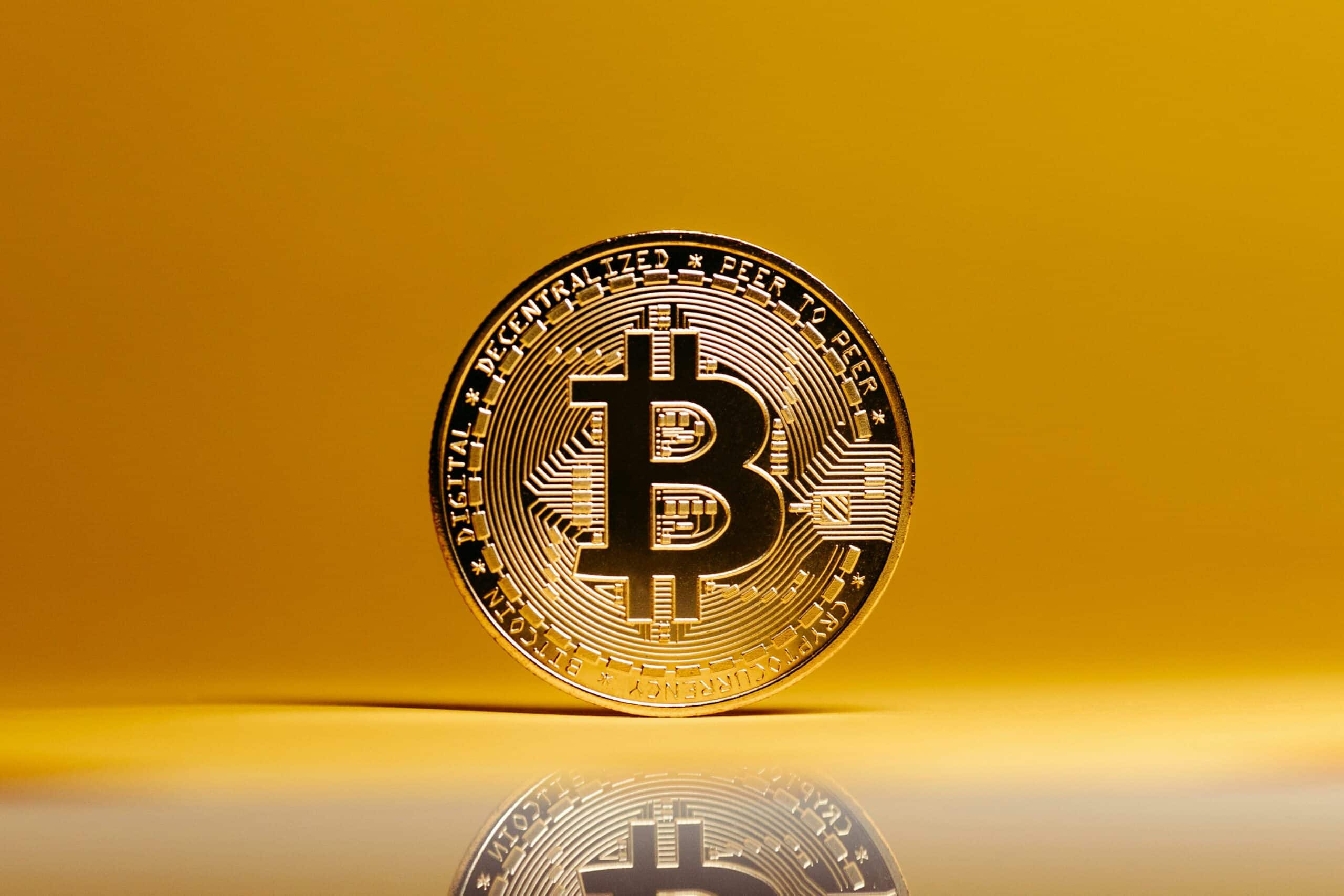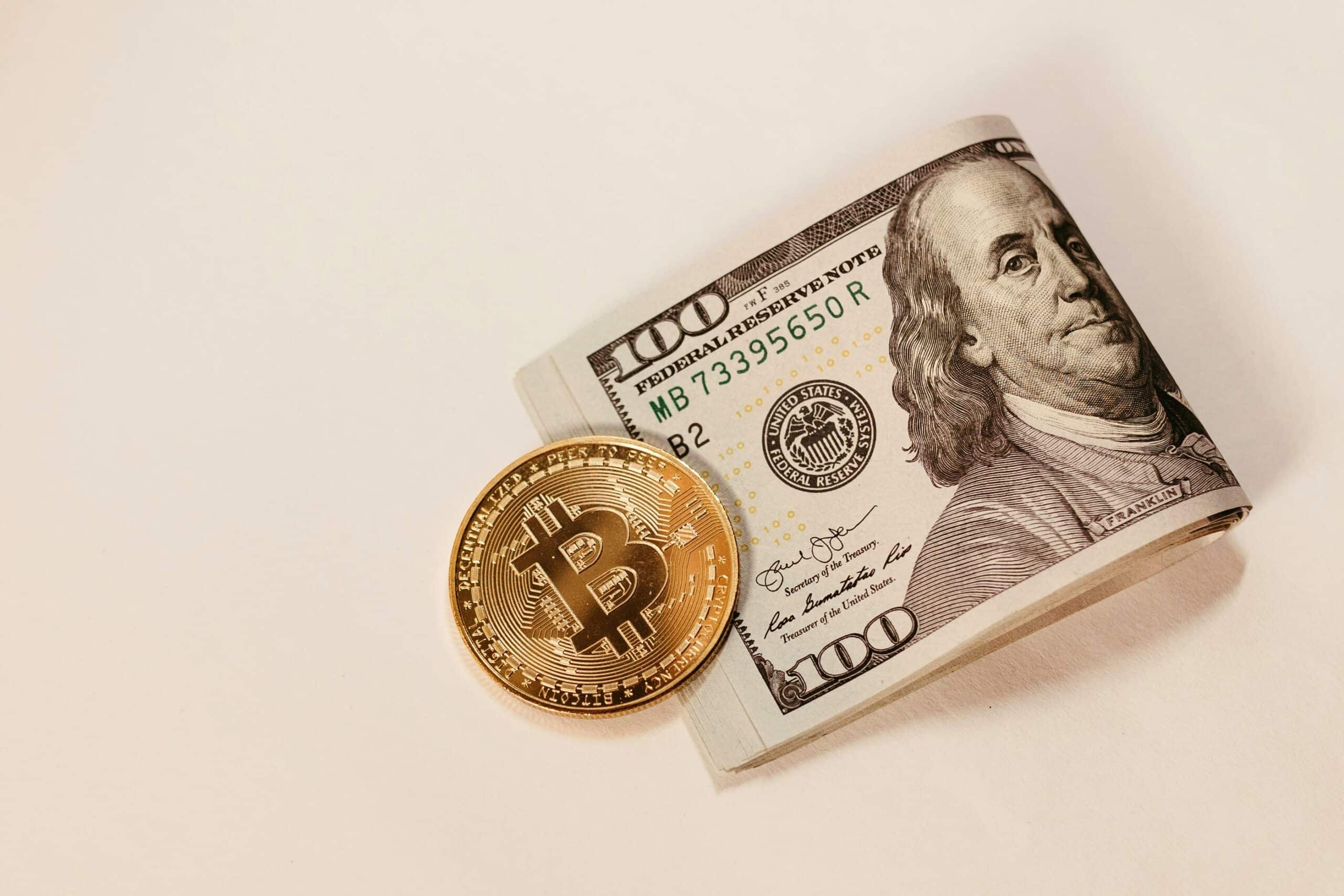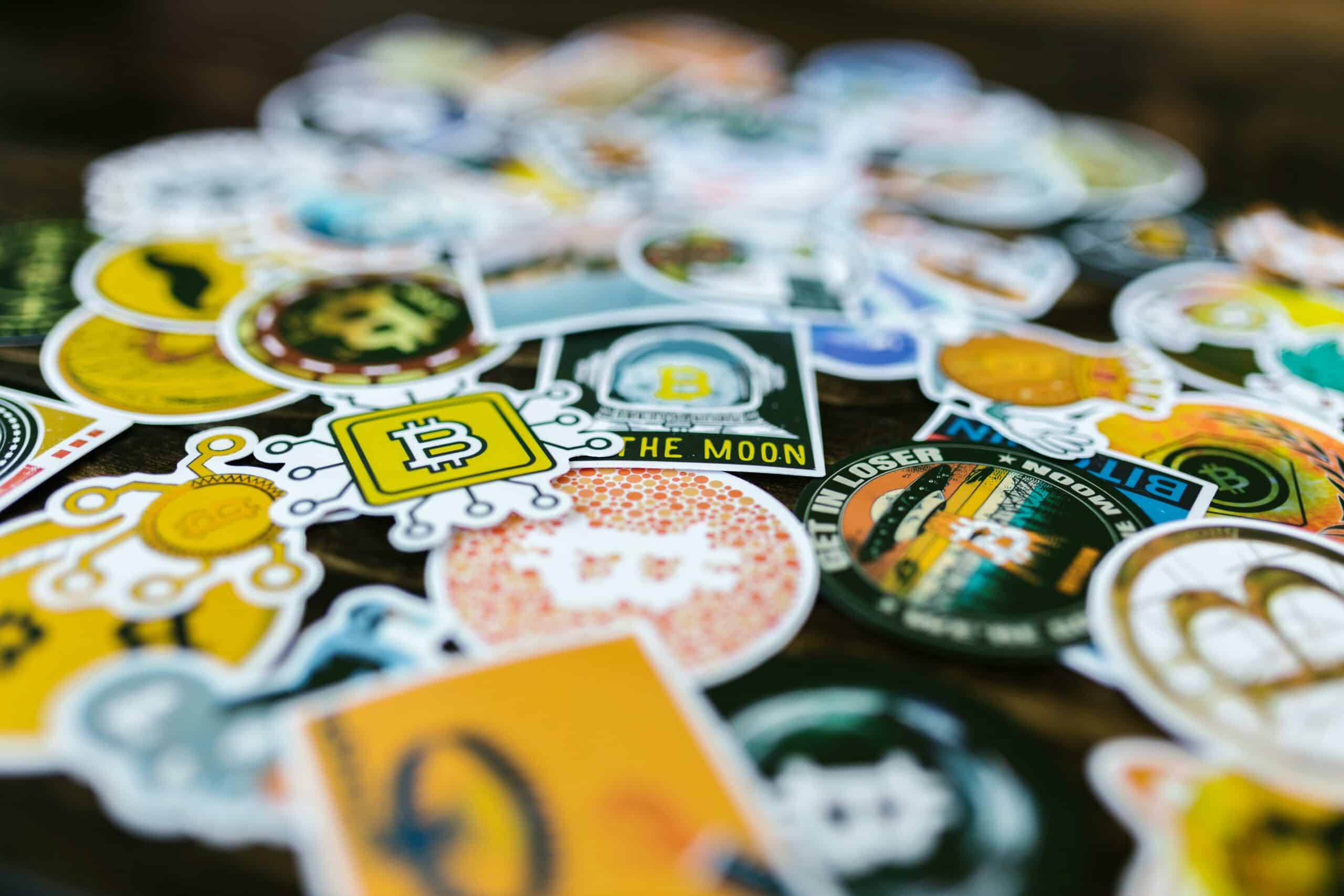While the humble wallet, once stuffed full of cash, cards and IDs, may now be replaced with a smartphone, the concept of a crypto wallet is quickly becoming the new must-have for digital currency owners. But in a relatively new and often complex market, how do you choose the best crypto wallet?
Firstly, it’s important to understand what a crypto wallet is and how it works. A crypto wallet is a digital or physical device that stores your cryptocurrency securely, allowing you to both send and receive payments with ease. As well as this, they are also used to store your private key – the code that allows you to access and spend your currency.
When it comes to choosing a wallet, there are some key considerations that need to be made.
In this blog post, you will learn:
– How to define what you require from your wallet
– Which types of wallets are available
– The difference between hot and cold crypto wallets
– What to look for when choosing a crypto wallet
– How to securely store your crypto wallet
So, whether you’re just getting started or looking to upgrade your current wallet, read on for everything you need to know about choosing the best crypto wallet for your needs.
Table of Contents
Define what you need in a crypto wallet
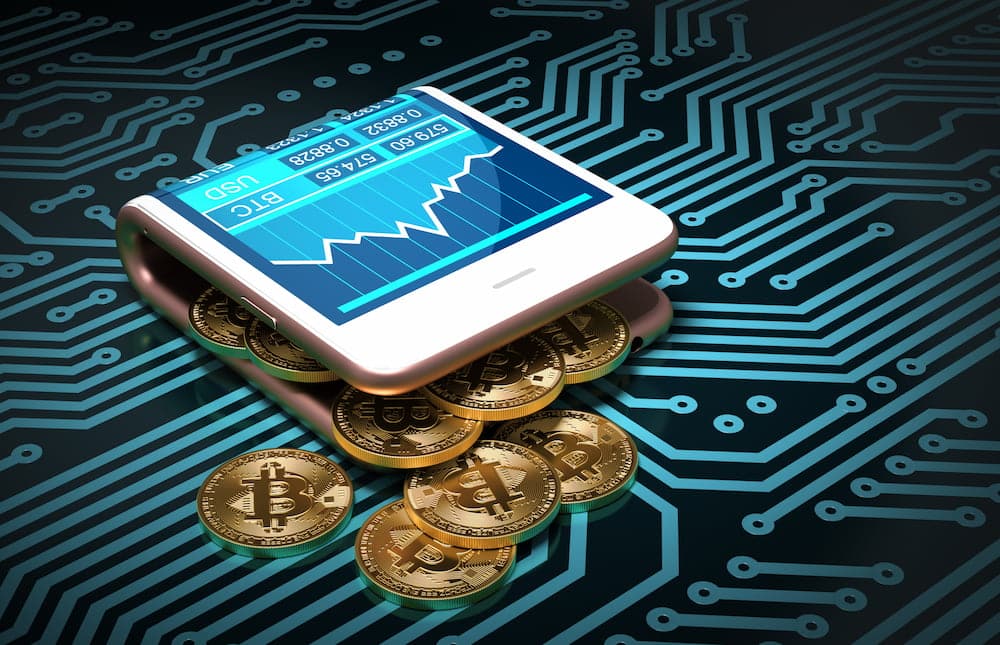
When it comes to crypto wallets, understanding their purpose is key. When first starting out in the world of crypto, it’s important to make sure you have the right wallet for your needs.
Firstly, consider which type of cryptocurrency you are using. Different coins and tokens will require different wallets, so make sure you understand the differences in order to choose the right one. For instance, most Bitcoin wallets are not compatible with Ethereum because they are designed to store and manage only Bitcoin. However, there are some wallets that support both bitcoin and Ethereum, such as Coinbase. One of the great things about the Coinbase wallet is that it allows you to store and manage both cryptocurrencies in a single place
Next, to get the most out of your wallet, you’ll need to decide which features are important for you. Common things to look for include the ability to store multiple cryptocurrencies, secure storage, two-factor authentication, and customer support. Additionally, some wallets also offer features such as buying and selling cryptocurrency directly from the wallet.
When you know exactly what you need from your wallet, it’s much easier to make an informed decision.
Which types of crypto wallets are available?
One of the biggest decisions to make when choosing a crypto wallet that’s right for you is deciding which type of wallet you need. Generally speaking, crypto wallets can be classified as either hot wallets or cold wallets.
Hot wallets, a type of cryptocurrency wallet connected to the internet, offer unparalleled convenience. When you use a hot wallet, you can easily and quickly conduct transactions from anywhere at any time. However, hot wallets are at an increased risk for malicious attacks by hackers and cybercriminals. Such was the case on November 1, 2022, when hackers were successful in extracting $28M from crypto exchange Deribit’s hot wallets after infiltrating the wallet server.
This is why it is generally considered safer to store the majority of your cryptocurrency holdings in a cold wallet, which is a wallet that is not connected to the internet and therefore is less vulnerable to hacking. While a hot wallet is better suited for storing smaller amounts of cryptocurrency that you plan to use for everyday transactions, a cold wallet should be used when storing larger amounts of cryptocurrency that you plan to hold long-term.
What is the difference between custodial wallets and non-custodial wallets?
When considering which type of wallet to choose, it’s also important to understand the differences between custodial and non-custodial wallets.
A custodial wallet is one that stores your private keys in an external storage solution – typically on a crypto exchange server. It’s considered a simpler, more convenient solution as it requires less effort to set up and use. However, custodial wallets can be riskier than non-custodial wallets as they are subject to the security of the exchange server. If the exchange is ever hacked or goes offline, you could lose access to your funds indefinitely.
Non-custodial wallets, such as hardware and software wallets, store your private keys on the device itself. This means you are in complete control of your crypto assets, making non-custodial wallets inherently more secure than custodial wallets. It’s important to note, however, that non-custodial wallets require slightly
What to look for when choosing a crypto wallet
Every crypto wallet offers different levels of security, so it is essential to weigh up the risks and benefits before you commit. It may be worth having multiple crypto wallets across different platforms for added protection and diversification. With a variety of crypto wallets available, think about which type might best suit your individual security needs and budget. Having an understanding of the options available will make sure you make an informed decision that fits your requirements.
What security measures should I consider when choosing a crypto wallet?
Different wallets provide different security features, all varying in their level of convenience and cost. When selecting a crypto wallet, it is important to consider the security measures that are in place. Look for wallets with advanced security features such as two-factor authentication, multi-signature wallets, and hierarchical deterministic (HD) key generation. An HD wallet, like a Ledger Nano S or Trezor, generates a new address for each transaction and ensures that private keys are never transmitted to the internet.
Whatever crypto wallet you opt for, make sure it has a good track record when it comes to security and has a good reputation in the industry.
How do the different wallet types differ?
Let’s take a look at the main types of wallets you can choose from to store your crypto assets:
Online wallets
While an online wallet, also known as a software wallet is generally free to use, these types of wallets also come with increased risk due to the fact that they are stored on a third-party platform.
Mobile wallets
Providing both security and convenience, mobile cryptocurrency wallets allow users to store digital currencies in an app on their phone; however, they too carry an increased risk of hacking.
Hardware crypto wallets
Considered the safest type of wallet, crypto hardware wallets are physical storage devices that store cryptocurrency offline. These wallets come with a higher cost upfront but offer a higher level of security than other types.
Defi wallets
A defi wallet is a type of cryptocurrency wallet that is specifically designed for decentralized finance applications. These wallets offer users a secure way to store their digital assets and access decentralized finance (DeFi) services such as yield farming and trading on DeFi protocols.
Ledger Nano X and MetaMask are two of the most popular defi wallets.
How to use your Bitcoin wallet safely
It is important to remember that cryptocurrency is an intangible asset and as such, it cannot be recovered if stolen. To ensure your crypto assets remain safe, it’s essential to follow some basic security best practices when using a crypto wallet:
- Never give out your private key or recovery phrase to anyone
- Regularly back-up the wallet data on an external storage device
- Use two-factor authentication (2FA) whenever possible
- Only use wallets that have a good track record in terms of security
- Disable remote access capabilities if your wallet allows it
- Turn on notifications on your wallet to stay up-to-date with transactions
- Be wary of phishing emails and messages that come from unknown sources
- Use strong passwords and keep them safe
- If you plan to store larger amounts, use a cold storage device
By following these simple steps, you can store Bitcoin and other crypto holdings securely and protect yourself from the risk of fraud or theft.
Final thoughts
Many new cryptocurrency investors are overwhelmed by the sheer number of crypto wallets available. However, understanding the features and levels of security associated with each type can help you select a wallet that is best for your needs.
Whether you opt for an online, mobile, or hardware wallet, always make sure to follow basic security protocols to ensure your digital assets remain safe. With the right wallet and security measures in place, you can buy and sell crypto, safe in the knowledge that your digital assets are secure. And by investing safely, you can work on advancing your knowledge and expertise in the crypto world, and focus on becoming a profitable crypto trader.
